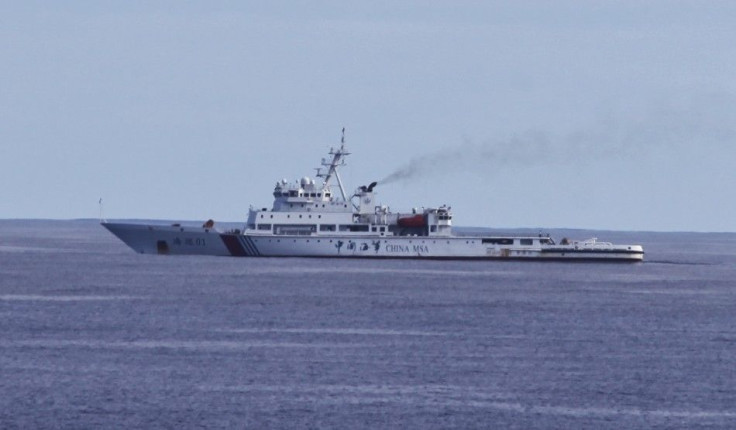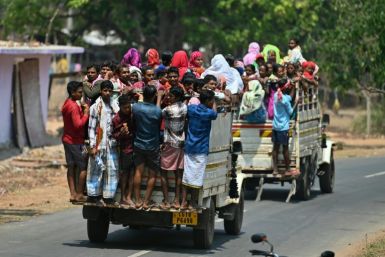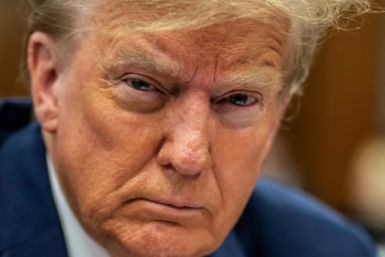Philippines claims sovereignty over Spratly against China; UN tribunal to rule on South China Sea Islands

Competing claimants over the disputed waters of the South China Sea will face the international tribunal in The Hague. The Philippines is claiming sovereignty over the Spratly archipelago. China, however, is expressing control over the region through the construction of artificial islands believed to be military bases.
The hearing on Tuesday is held in light of the Philippines' claim and China's recent moves in the South China Sea. The latter has reportedly been building airstrips and defences in the archipelago. Other claimants of the disputed region include Taiwan, Malaysia, Brunei and Vietnam. Last October, the United States challenged China's "freedom of navigation" claims by sailing through the 12-nautical mile zone near the artificial islands.
Under the U.N. convention on the law of the sea, or UNCLOS, islands that are ideal for human habitation can be grounds for legitimate territorial claim. This can also open up access to possible energy and mineral sources.
“China’s claims to sovereign rights and jurisdiction, and to ‘historic rights,’ with respect to the maritime areas of the South China Sea encompassed by the so-called ‘nine-dash line’ are contrary to the convention and without lawful effect to the extent that they exceed the geographic and substantive limits of China’s maritime entitlements under UNCLOS,” The Guardian quoted the Philippines' submission.
Chinam, however, still refuses to admit militarising the area.
"China does not seek to 'militarise' the South China Sea," said Chinese Foreign Ministry spokesman Hong Lei during a press briefing. Hong also said that China is opposed to any country executing military operations that undermine mutual trust, stability and regional safety.
The spokesman added that all concerned countries should be unified in keeping the region safe, secure and stable. Hong said that the chairman's keynote during the East Asia leader's meeting can be considered "positive in general." This proves that all countries are willing and committed to promoting regional cooperation while working together to address challenges.
Contact the writer at feedback@ibtimes.com.au, or let us know what you think below.






